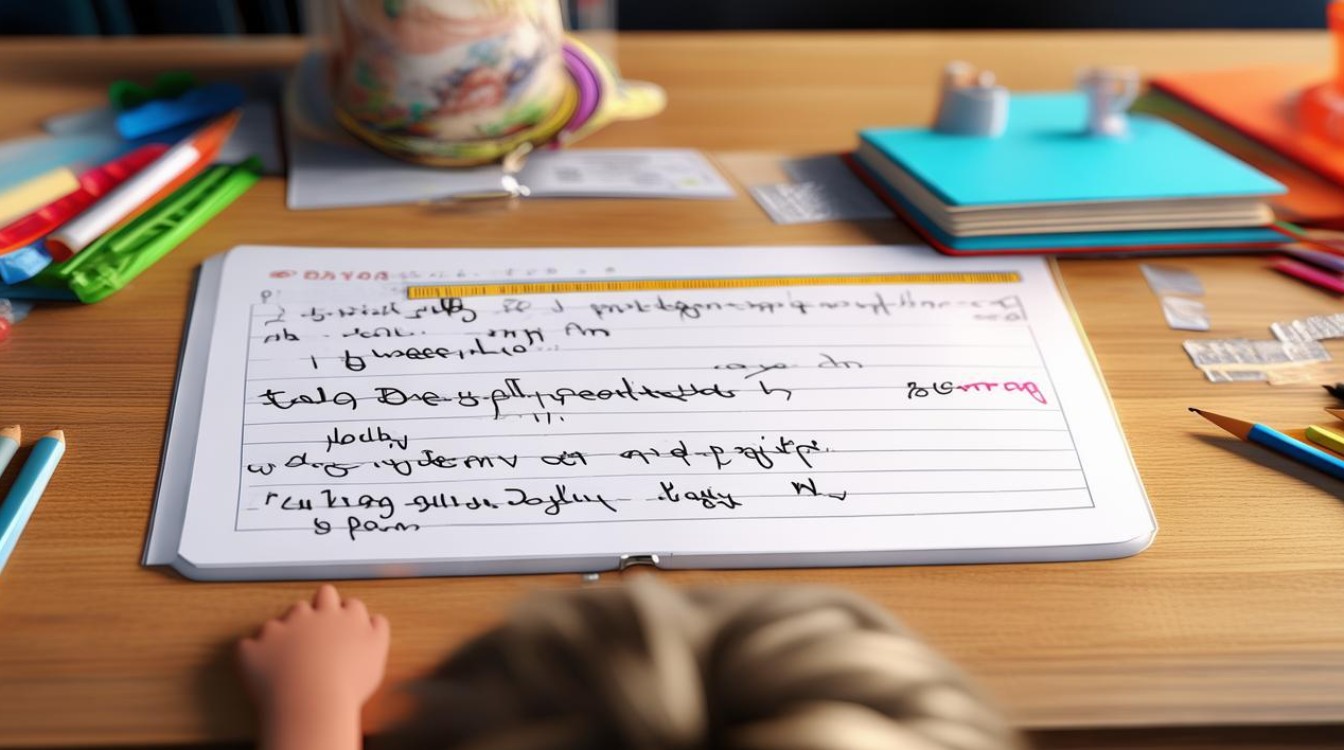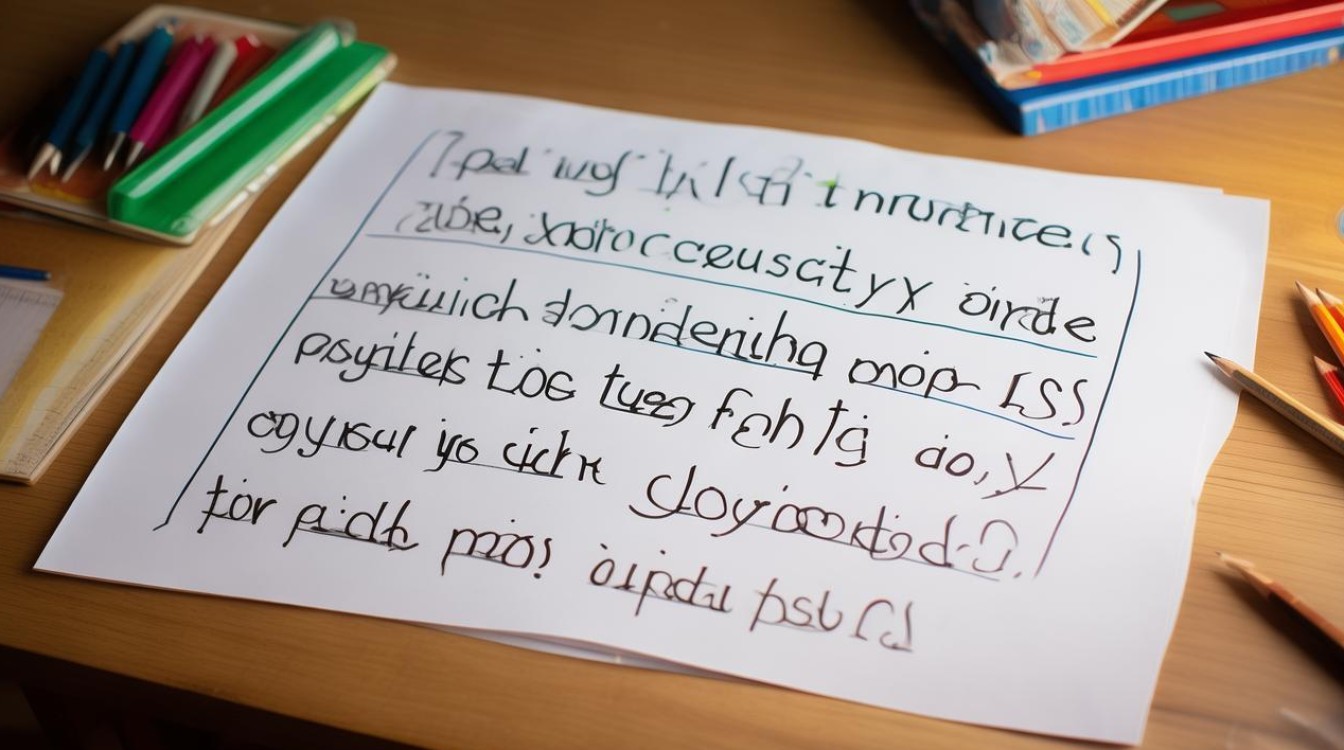The word "read" is one of the most commonly used verbs in English, yet its spelling and pronunciation can be confusing, especially for non-native speakers. Whether you're learning English or simply want to ensure you're using the correct form, understanding how to spell and pronounce "read" in different tenses is essential.

The Basics: Present and Past Tense
The word "read" is unique because its spelling remains the same in both the present and past tense, but the pronunciation changes.
- Present tense: "read" (pronounced as "reed")
- Example: I read books every day.
- Past tense: "read" (pronounced as "red")
- Example: Yesterday, I read a fascinating novel.
This irregularity often leads to mistakes, particularly in spoken English. Many learners mistakenly pronounce the past tense as "reed" instead of "red," which can cause confusion in conversation.
The Past Participle: "Read" or "Readen"?
Unlike some irregular verbs that change form in the past participle (e.g., "write" → "written"), "read" remains the same:
- Past participle: "read" (pronounced "red")
- Example: I have read all the books on this shelf.
Some people mistakenly believe that "readen" is the correct past participle, likely due to analogy with words like "written" or "spoken." However, "readen" is not a valid word in standard English.
Common Spelling Mistakes
Given that "read" sounds identical to "reed" (a type of plant) in the present tense and "red" (the color) in the past tense, it's easy to see why errors occur. Here are some frequent misspellings and misconceptions:
-
"Red" instead of "read" (past tense)

- Incorrect: I red a book yesterday.
- Correct: I read a book yesterday.
-
"Reed" as a verb
- Incorrect: She reeds the newspaper every morning.
- Correct: She reads the newspaper every morning.
-
Adding unnecessary letters
- Incorrect: readed, readen
- Correct: read
Pronunciation Tips
Since spelling doesn’t change, the key to using "read" correctly lies in pronunciation:
- Present tense: Rhymes with "need," "seed," and "bead."
- Past tense & past participle: Rhymes with "bed," "led," and "said."
A useful trick is to associate the present tense with the color green (both contain "ee") and the past tense with the color red (both pronounced "red").
Why Does "Read" Have Irregular Pronunciation?
English is a language with many irregularities due to its history. "Read" comes from Old English rǣdan, which meant "to advise, interpret, or explain." Over time, pronunciation shifted, but the spelling remained consistent. This is why we have words with identical spellings but different sounds depending on tense.
How to Remember the Correct Forms
If you struggle with remembering the correct pronunciation, try these methods:

-
Sentence association
- I like to read ("reed") every day, but yesterday I read ("red") a whole book.
-
Rhyming practice
- Present: "read" → "need"
- Past: "read" → "bed"
-
Visual reminders
Highlight the word in different colors (green for present, red for past) in your notes.
Examples in Context
To further clarify, here are more examples of "read" in different tenses:
- Present simple: She reads the news online.
- Present continuous: He is reading a magazine.
- Past simple: They read the instructions carefully.
- Present perfect: We have read all the reports.
- Future simple: I will read the contract tomorrow.
Frequently Asked Questions
Is "read" the only word like this?
No, English has other verbs where spelling stays the same but pronunciation changes, such as:

- Lead (present: "leed," past: "led")
- Live (verb: "liv," adjective: "laiv")
Can "read" be a noun?
Yes, though less common. As a noun, "read" (pronounced "reed") refers to the act of reading, often in phrases like a quick read or a good read.
What about "reread"?
"Reread" means to read again. It follows the same pattern:
- Present: I reread ("ree-reed") my notes.
- Past: I reread ("ree-red") the chapter.
Final Thoughts
Mastering the spelling and pronunciation of "read" is a small but important step in improving English fluency. By paying attention to context and practicing with examples, you can avoid common mistakes and communicate more clearly.
English is full of quirks, and "read" is just one example of how fascinating language evolution can be. Keep practicing, and soon, the correct forms will come naturally.

